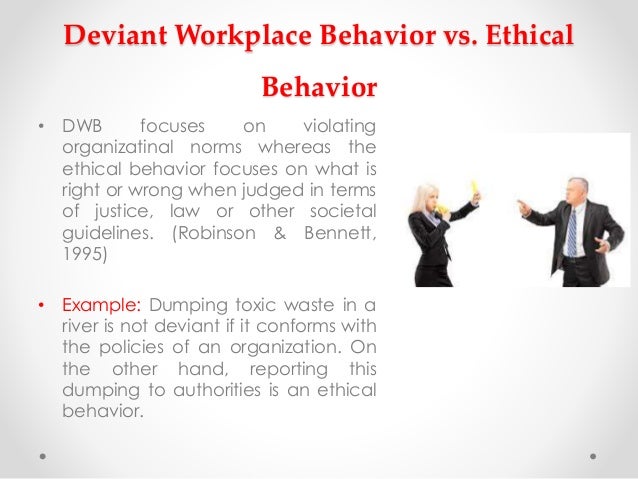
- #Ethical Behavior In The Workplace Code Of Conduct
- #Ethical Behavior In The Workplace Download Our Free
Ethical standards are used for establishing the behavioral parameters that business-owners and senior-level managements expect from their employees, suppliers, and other stakeholders. Maintaining ethical standards is an essential and crucial step in our everyday life. Be it an educational institution or even workplace, maintaining ethical standards is of paramount importance.Ethical Behavior at the Workplace. Proven lack of integrity, can cause damage to a career in many ways.
Ethical Behavior In The Workplace Code Of Conduct
This makes it even harder to make a good choice when faced with an ethical dilemma if they believe it will impact professional success. More surprisingly, emphasis of criminal penalties doesn’t seem to do much to deter unethical behavior, nor does ethics training.Ethics. Unethical workplace behavior is any action at work that goes against the prevailing moral norms of a community. At work, unethical behavior can take multiple forms and have multiple targets. From minor to severe forms, everyone can behave unethically, hurting societies, organizations, colleagues, and even the self in the process.Ethics are a code of conduct that is expected by a group or in society.
The “blame game” can cause absolute havoc and hurt workplace morale. The best thing for any employee to do when they make a mistake is to notify their supervisor and take responsibility. The situation is made even worse when employees cast blame against each other as to who’s initial fault it was. Often times, problems snowball and get larger.

And, communication ties into an ethical workplace because how and what an employee communicates can either create or destroy the positive fabric of a workplace. Employees, despite good intentions, become too engrossed in the idea of “getting something done” and forget that “I can’t” isn’t necessarily a bad statement to make once in a while.In the business world, it’s commonly agreed upon that business success relies on good communication. Again, it’s better to own up to a problem and possibly only be seen as incompetent for making such a mistake (this would be a worse case scenario), than cover up a problem be seen as having no ethical framework, regardless of the outcome. But, those falsehoods will likely generate serious problems should the deception be found out. Doing minor acts such as backdating reports or even signing documents for their supervisors might at one point repair an issue.
Anger comes from employees who feel the organization owes them something due to poor working conditions, bad pay or other frustrations. Supervisor/subordinate relationships, for instance, can create an immediate negative working environment and serve to erode the organization’s chain of command based on inappropriate fraternizations. Lust usually appears in inappropriate relationships that are not approved of by organization. Greedy decisions are based on a desire to get more than they deserve from their position in the company. Greed is an easy one to see, such as an employee who steals or conducts illicit business transactions. On the converse, open and consistent communication that keeps employees and supervisors informed about current events can not only prevent problems and send out a message that decisions in the company are made “above board.” When dilemmas occur around ethics in the workplace, they usually stem from a lack of communication, or concealing motivations.When any failure in workplace ethics occurs, it is usually rooted in either greed, lust, or anger.
The Growing Interest on Corporate ResponsibilityDo you have a topic you would like Compensation Today to cover? Write us at you doing a salary review or compensation benchmarking project? PayScale provides up-to-date, external salary market data you can use right now. The Benefits of a Rewards and Compensation Strategy To ensure a moral workplace, it’s important not only to conduct yourself in an ethical manner, but also to not turn a blind eye to any type of impropriety by a fellow co-worker. The signs of an ethical workplace are a workforce that has high morale, strong esprit de corps, and solid communication in both directions of the chain of command.
Ethical Behavior In The Workplace Download Our Free
Download our free whitepaper, 5 Easy Steps to a Smart Compensation Plan. Attend one of our free compensation webinars. Get a free PayScale compensation report and see salary ranges for the position of your choice Give a PayScale demo a try.


 0 kommentar(er)
0 kommentar(er)
